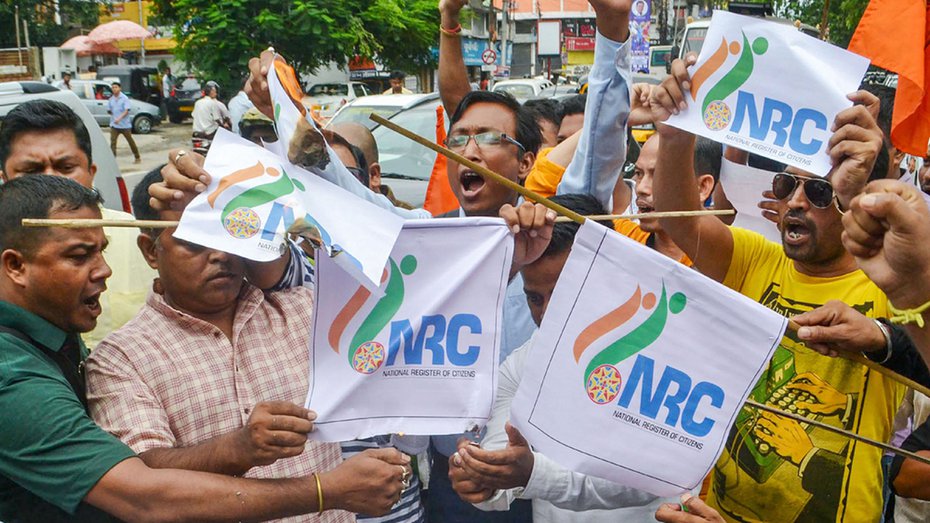28 people have died in the detention centres in Assam from the beginning of 2016 till October 13, 2019, Minister of State for Home Nityanand Rai has told the Rajya Sabha. Rai also said there were close to 1,000 people lodged in these detention centres after being found to be alleged undocumented immigrants.
The minister’s reply came over a question raised by Trinamool Congress member Santanu Sen, who asked the government about the measures it had taken to prevent deaths in detention camps that have become synonymous with the National Register of Citizens (NRC). Sen said he had found out that “most of the persons who died, they died out of apprehension”.
“There have been reports of deaths of 28 people. The detention centre has all the facilities and death is not due to fear or due to any lack of medicine,” said Rai.
“Whatever death has occurred, is caused by illness,” he said.
Over 19 lakh people were left out of the final NRC list published late last month in Assam. The National Register of Citizens was first prepared in Assam in 1951. To prove their citizenship, people in Assam have to show documentary evidence that they or their ancestors were born in Assam before March 25, 1971, which has been set as the cut-off date.
Assam sends people it deems undocumented immigrants to detention centres. These centres have been criticised for violating human rights, breaking up families and forcing people to live in inhuman conditions.
According to the Citizens for Justice and Peace (CJP), a human rights group, about 100 people have died because of various reasons. Some died in detention centres, others committed suicide. CJP has been tracking these deaths since 2011.
“Of the 29, 26 detainees died after the BJP’s Sarbananda Sonowal came to power in Assam. The detention camps have been running since 2008, but we didn’t see so many deaths during the previous government’s rule. Why has it increased during the BJP period?” The Telegraph quoted CPJ’s Assam coordinator, Zamsher Ali as saying.
Harsh Mander, the former bureaucrat and renowned human rights activist, who visited the detention camps in Assam as an NHRC special monitor in January 2018, says that that people were separated from their families, they could not work, nor had they any recreation facilities. There is no provision for a parole in such cases.
“All this creates an environment of intense, permanent sadness. It is elementary knowledge that physical health is closely related to mental health,” Mander said. “It was like everyone was in mourning. When I visited, after the women realised there is someone who is there to listen to them, there was a mass mourning, they started wailing”.
“The fundamental right to life, assured under Article 21, applies not only to the citizens but to all residents, including foreigners. The state is responsible for them whether they are citizens or not,” Mander said The Telegraph.
Related












































